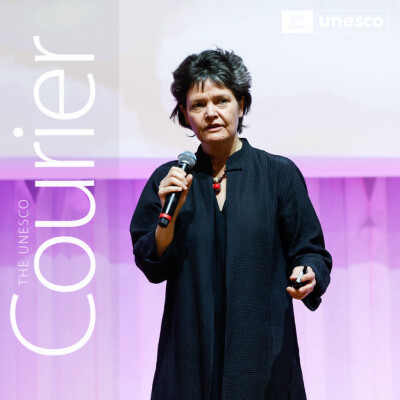Description
Since 1948, The UNESCO Courier has followed its initial mission: to be a window onto the world. Beyond the slogan, this multilingual magazine constantly seeks out different viewpoints and approaches on global issues, giving voice to scientists, artists, writers, and thinkers from all over the globe. Le Corbusier, Isamu Noguchi, Chucho Valdès, Joan Miró, Kailash Satyarthi, Denis Mukwege and Yuval Noah Harari are some of the many leading personalities who have appeared in The Courier – the only international magazine to cross the iron curtain during the Cold War. Topics are never treated in isolation, but through a multiplicity of perspectives from all regions of the world.
In this podcast series we explore in depth a variety of global issues that matter today and tomorrow. Drawing on sound archives, magazine articles, and exclusive interviews, we tell the story of a constantly changing world. From culture to education, science and much more, this podcast will be your window onto the world.
Hosted on Ausha. See ausha.co/privacy-policy for more information.





